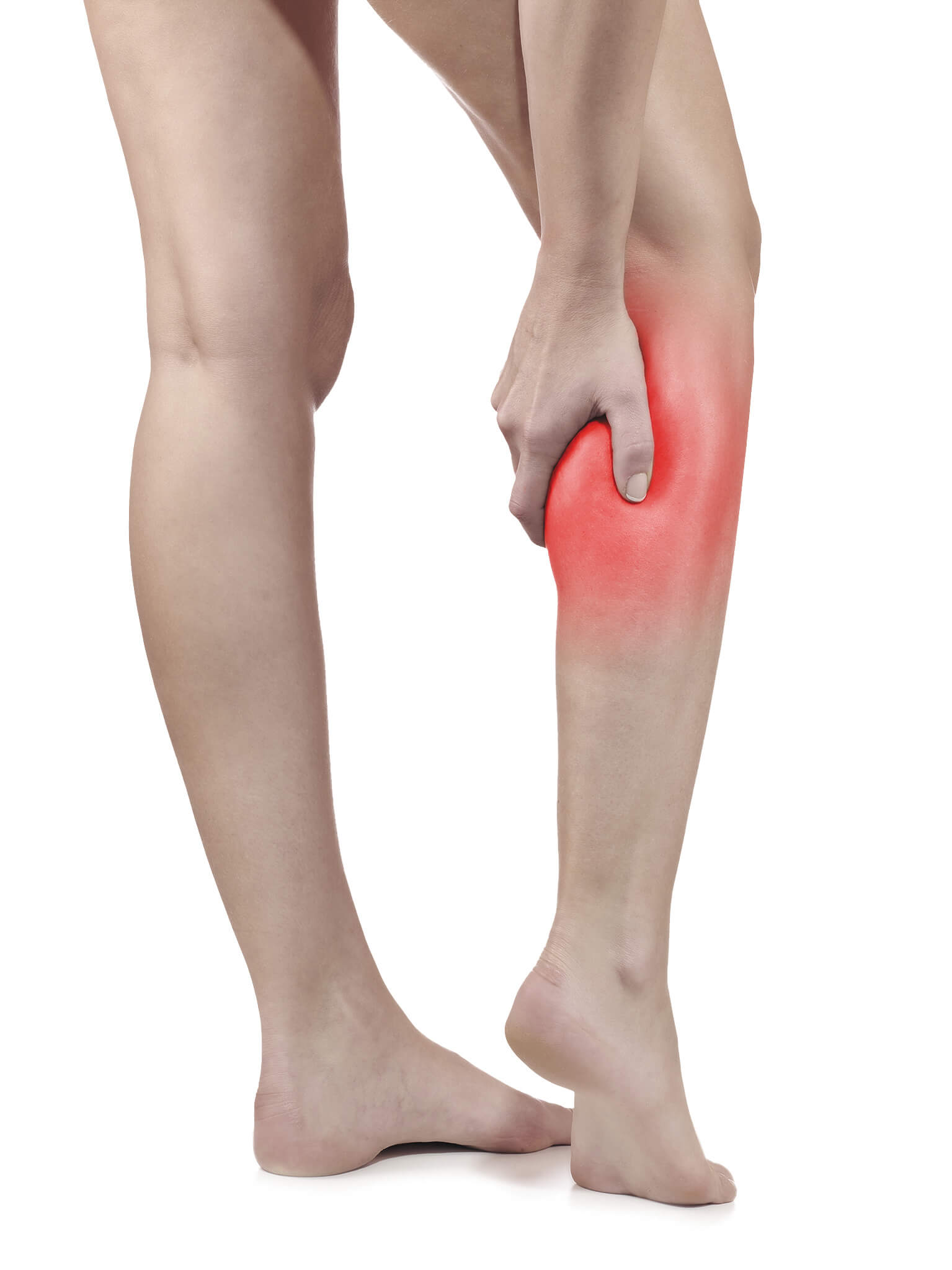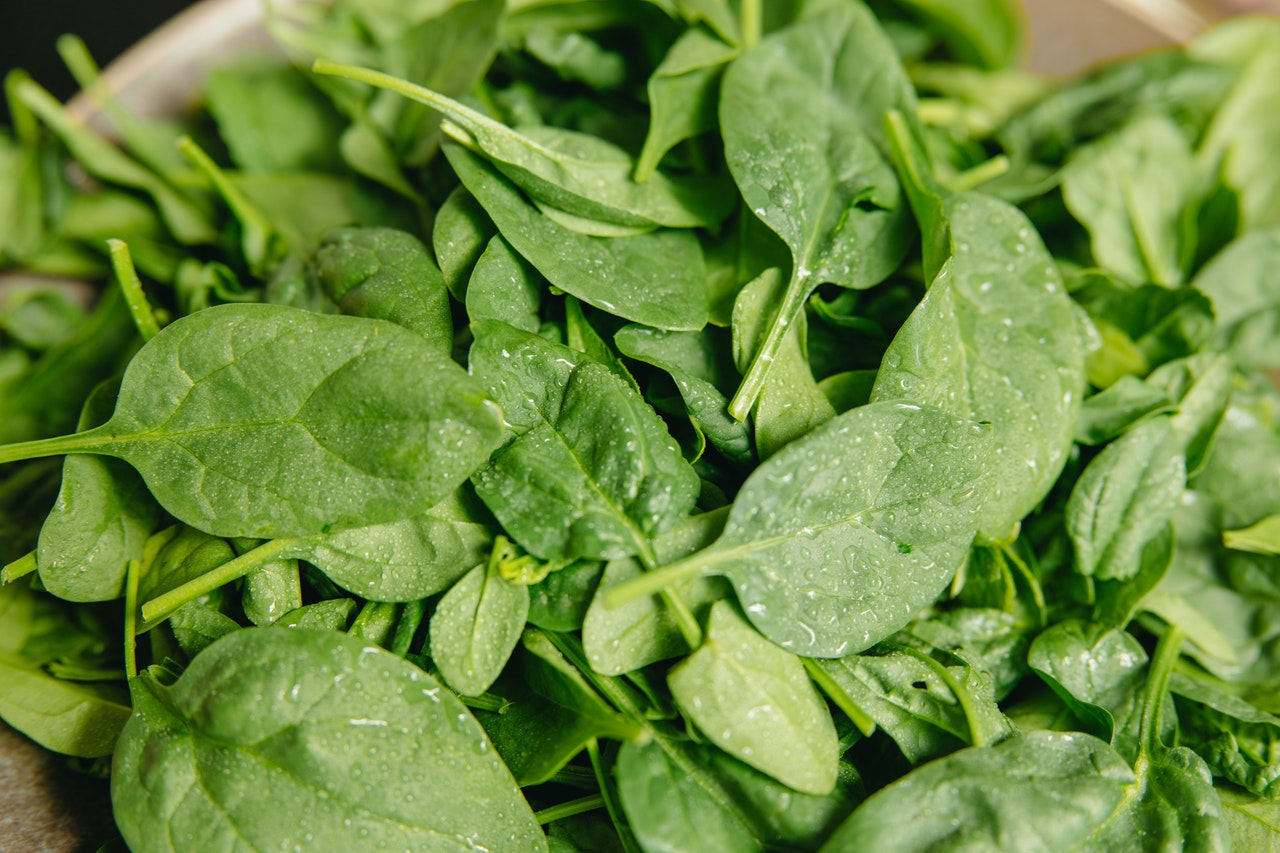Night leg cramps, also known as leg cramps, are a common occurrence, often happening during the night hours. These cramps involve sudden contractions of leg muscles, causing intense and involuntary pain. Typically, they endure from a few seconds to a few minutes. While the precise cause of leg cramps remains unknown, factors such as low levels of certain minerals like electrolytes and certain medications have been associated with their occurrence. Unfortunately, chronic leg cramps persist in some individuals without a definitive cure, though long-term use of Cramp can help alleviate these symptoms.


Symptoms of muscle cramps include abrupt, uncontrollable spasms in the muscle, muscle twitching, intense pain deep within the calf muscle, and muscle tightness and hardening. These cramps may recur multiple times before subsiding, with calf muscles and feet being the common sites of occurrence, particularly at night.
Various factors contribute to the onset of leg cramps, including muscle injury, fatigue, poor dietary and lifestyle habits, low magnesium levels or deficiency, dehydration, physical overexertion, exposure of cold muscles to physical exertion, certain medications, and excessive perspiration.
Several lifestyle adjustments can be made to reduce the frequency of nighttime leg cramps:
1. Stay hydrated throughout the day.
2. Engage in daily calf stretches.
3. Avoid sitting with legs crossed.
4. Take a warm bath before bedtime.
5. Receive regular massages.
6. Modify diet to incorporate more potassium and magnesium-rich foods.


FOODS RICH IN MAGNESIUM
Foods abundant in magnesium can help bolster your diet. These include:
1. Leafy green vegetables like spinach.
2. Nuts and seeds such as pumpkin seeds, sesame seeds, brazil nuts, almonds, cashews, pine nuts, peanuts, pecans, and walnuts.
3. Mackerel fish.
4. Beans and lentils like soybeans, white beans, French beans, black-eyed peas, kidney beans, chickpeas, lentils, and pinto beans.
5. Grains such as brown rice, quinoa, bulgur, wheat germ, buckwheat, millet, whole wheat pasta, barley, and oats.
6. Dried fruits like figs, prunes, apricots, dates, and raisins.
7. Other foods like avocados, bananas, dark chocolate, seaweeds, and tofu.
